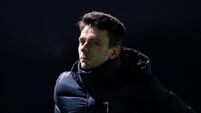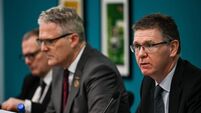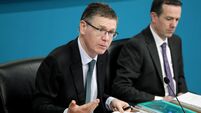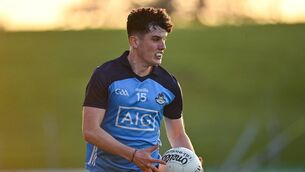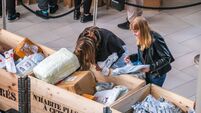The Kieran Shannon Interview: Colm O’Neill is still keeping the bright side out
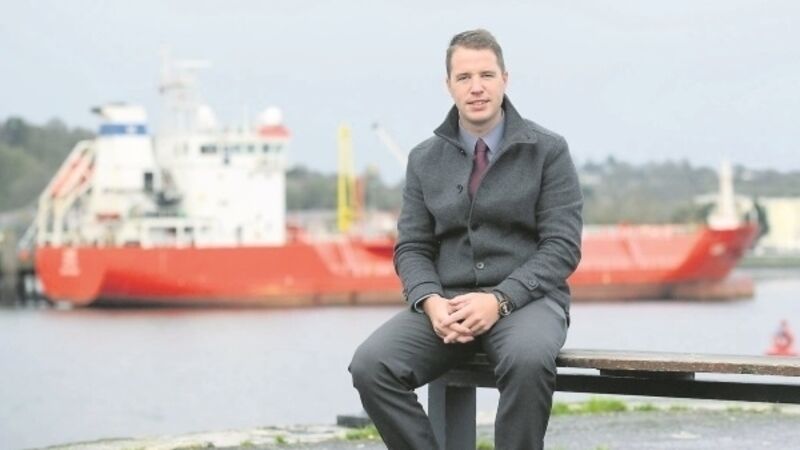
Serious knee injuries blighted Colm O’Neill’s inter-county career, but instead of focusing on the negatives or his misfortune, the recently retired All-Ireland winning attacker still prefers to concentrate on the positives and fond memories from his time as a Cork footballer.
The intention wasn’t to start or dwell on all the injuries that Colm O’Neill endured during his fine (if often interrupted) career, but to instead capture how grateful and positive he is now looking back on it. Yet if anything captures his sunny disposition it’s the extraordinary outlook he adopted each of the three times his cruciate gave way.







